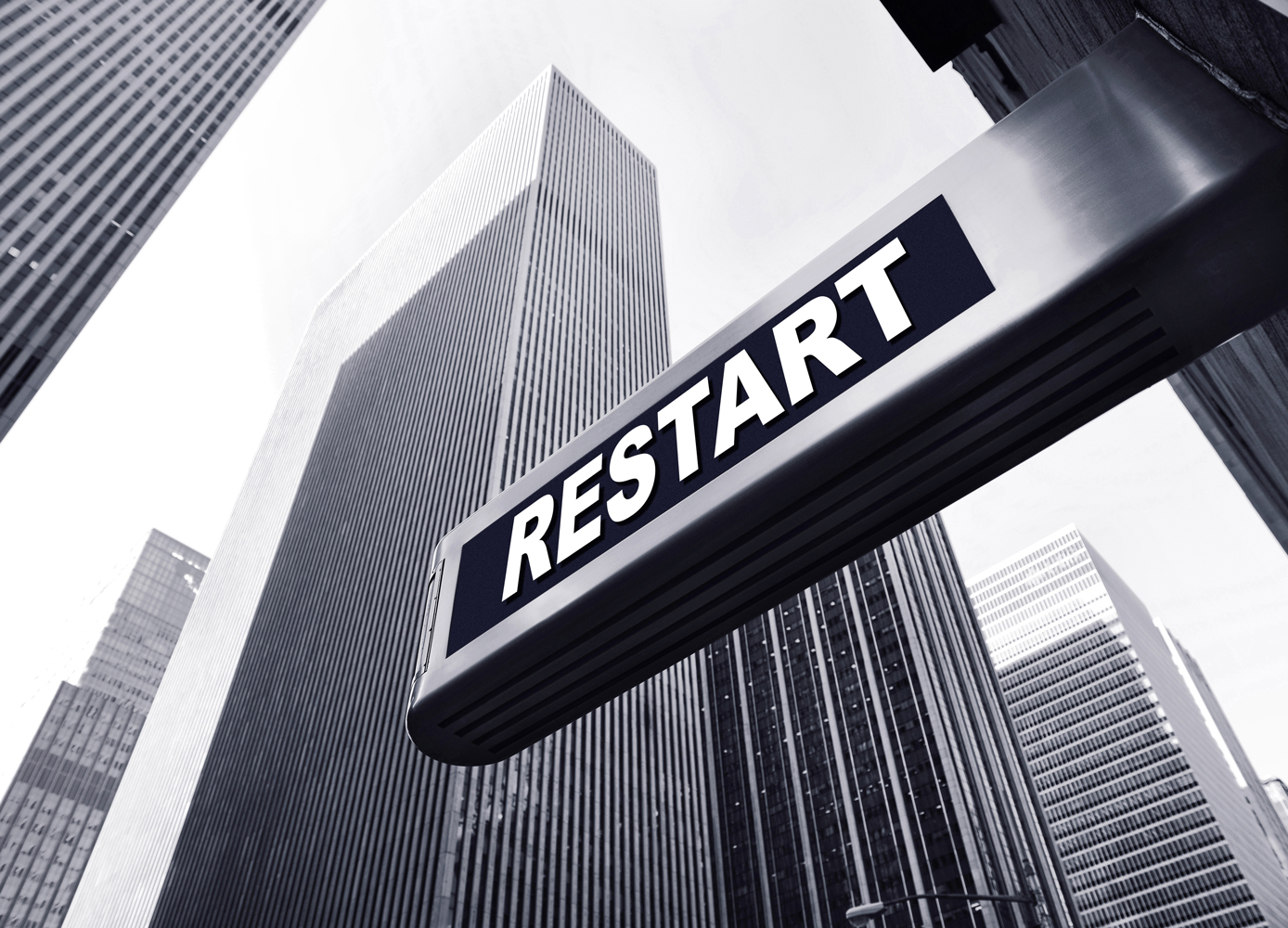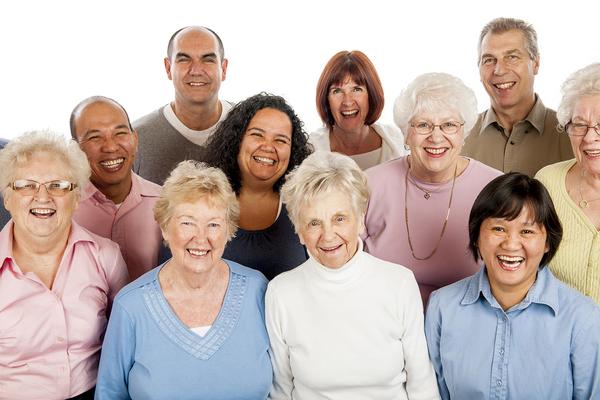For many, the pandemic has imposed a lifestyle that suits them perfectly
By Caitlin Finlay
While we all celebrate the vaccine rollout and the associated promise of a return to normal after a year of COVID restrictions, not everyone is excited or mentally prepared to go back to their old lives.
It’s not that they minimize the devastating effects that the pandemic has had or the sacrifices essential workers have made, but that the pandemic has provided an opportunity to discover an alternative way of life that has its benefits. For introverts, balancing social interactions with co-workers, friends, and family can be daunting, and some are finding that forced isolation has provided relief from this stress; for some, even the words “return to normal” bring on a touch of anxiety. Even some extroverts have come to appreciate time having time to themselves.
“The pandemic has been a forced respite,” Gail Saltz, a clinical associate professor of psychiatry at the NewYork-Presbyterian Hospital, Weill-Cornell Medical College, said in a New York Times article published in May 2020. “It’s a guilt-free release from the pressures of some work and social and family obligations.”
Dr. Arthur Bregman, a Miami psychiatrist, has dubbed the phenomenon “cave syndrome”: some have gotten used to the isolation and are now reluctant to leave their homes or socialize.
Many people have discovered that they appreciate the time spent sheltering in place, the ability to work from home, and a legitimate reason to avoid unwanted or stressful social activities without feeling guilty. Sheltering in place has provided an opportunity to spend more quality time with those in the same household and to spend time on hobbies. Working from home has meant the end of daily commutes, and many are using the time saved to incorporate exercise into their routine and to eat more home-cooked meals. Many workers are hoping to continue working from home, at least part time, even after everyone is vaccinated and the world goes back to normal.
If you’re among those anxious about the Great Restart, remember to be patient with yourself and others. After a year or more of isolation, returning to normal will likely be a shock for some. And while many are surprised to find themselves enjoying the slower pace and isolation, society’s shut-down has led to increased anxiety and depression for others, especially those with pre-existing conditions or a history of anxiety or depression.
In his blog “Introvert, Dear” (introvertdear.com), author Brian Johnston offers this advice to help introverts prepare for the return to normal:
- practice social interactions with family and friends through phone or video calls,
- understand that it’s okay to enjoy spending time alone and remember to take time for yourself in the future,
- clearly communicate your need for time alone and set clear boundaries regarding future expectations to prevent misunderstandings or disappointments,
- and take it slowly. Don’t push yourself too hard.
Photo: iStock/frankpeters.






